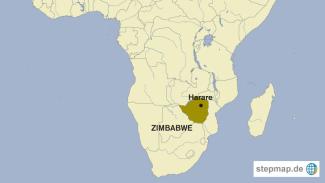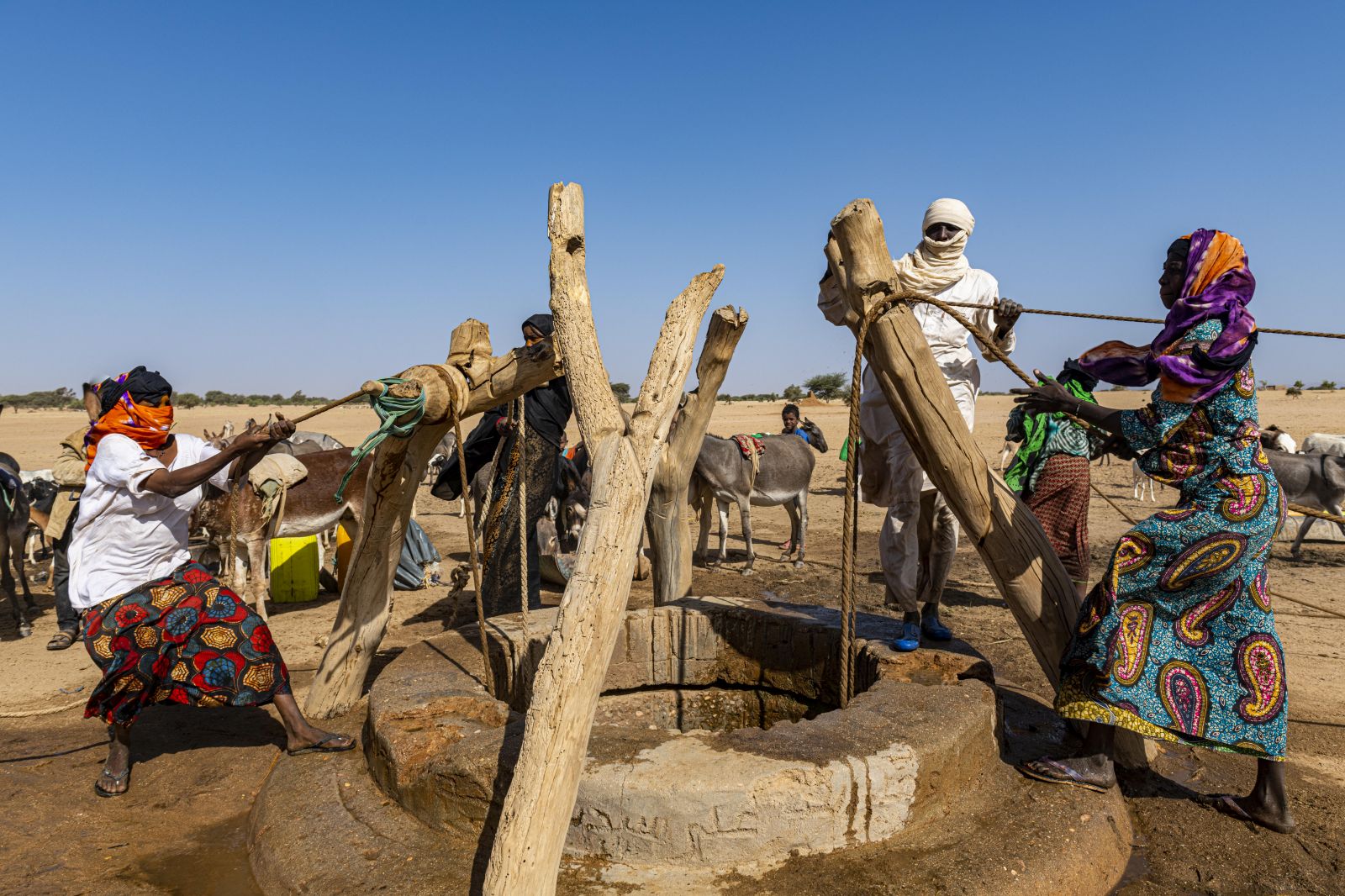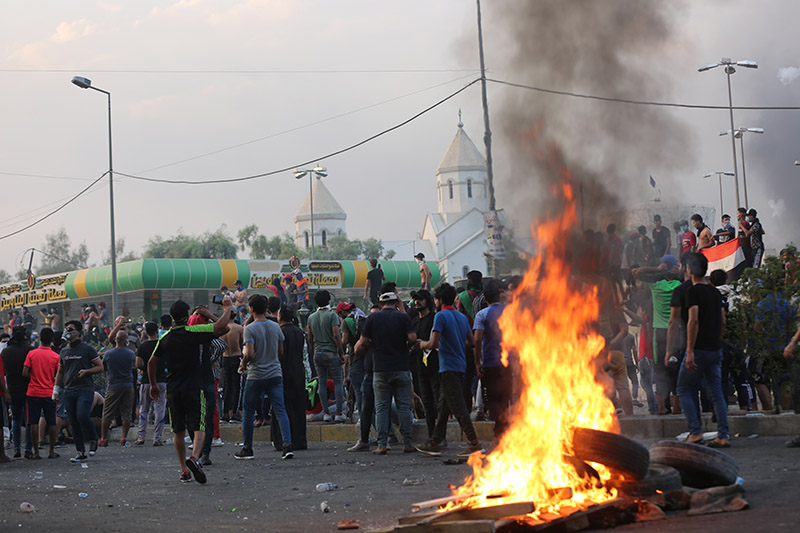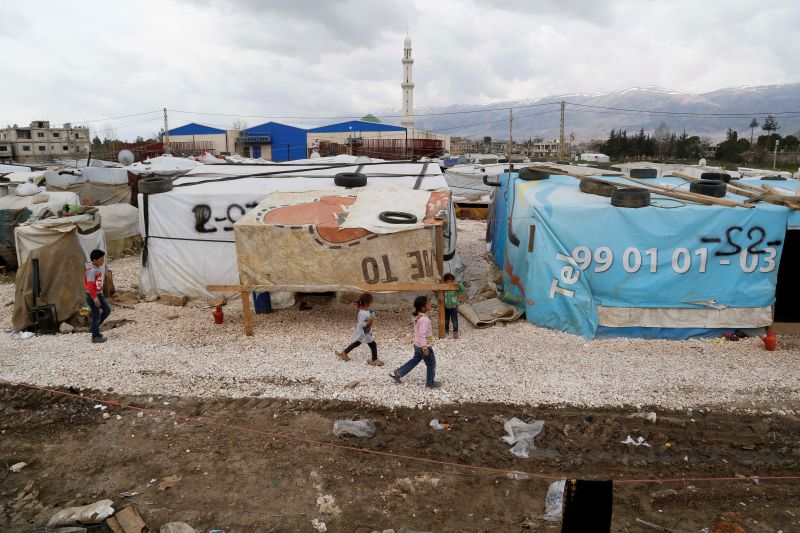Ethnic conflicts
Tribal rifts widen in Zimbabwe

In the 1980s, a genocide unleashed by former President Robert Mugabe’s government against the Ndebele people left more than 20,000 people of the minority tribe dead. Since then, things between the Shona people and the Ndebeles have never been good, with tensions passing from generation to generation.
In July this year, a new incident in Bulawayo poured oil on the fire. Then-mayor Tinashe Kambarami, who belongs to the Shona-speaking minority, suspended the city’s Ndebele-speaking town clerk, Christopher Dube. The Ndebele people refuse to be dominated by another tribe in cities, where they make up the majority. “We cannot have Shona people coming here to rule over us when they killed our people during the 1980s tribal war,” says Thabani Dlodlo, a resident of Bulawayo.
The tribal conflicts are not different in Harare, the Zimbabwean capital. According to Tjenesani Ntungakwa, a researcher with the Revolutionary Research Institute of Zimbabwe (RRIZ), tribalism should be a subject left well alone. To him, tribalism is about a weak national identity. “Tribalism is an emotional topic by its nature and does not need to be discussed in wrong spheres; if we are to build a national identity in Zimbabwe, we have to start from the community level,” says Ntungakwa.
In order to end tribalism in the Southern African nation, the scholar proposes establishing a national identity forum at which there will be an exchange of ideas. At such a platform, Ntungakwa says, each tribe that feels marginalised ought to express itself.
Tribalism is a notorious phenomenon across the African continent. In Zimbabwe, the tribal rifts are so deep that many Ndebele and Shona tribesmen have started to attack one another via social media – a move that analysts warn is a time bomb for physical tribal clashes any time soon. Regarding the rampant tribalism in Matabeleland, Zimbabwean economists have pinned the blame on the regions’ economic backwardness.
“Bulawayo and several other parts of Matabeleland used to accommodate many industries, and a lot of people found jobs in those regions. But now hundreds of industries have shut down, and Ndebele people have less employment opportunities than Shonas,” Kingston Nyakurukwa, a Zimbabwean independent economist, explains. To him, the country’s economy, which is in dire straits, has fuelled tribal tensions as Ndebele people feel economically marginalised.
Jeffrey Moyo is a journalist based in Harare.
moyojeffrey@gmail.com












